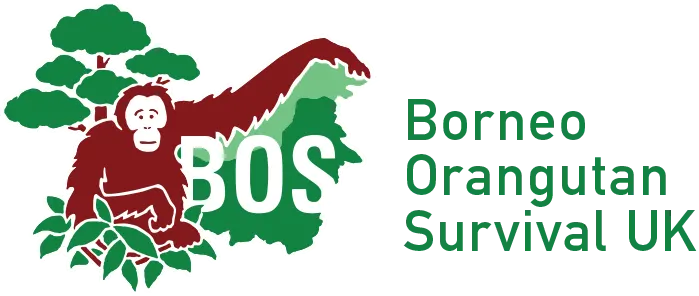To restore degraded peatland ecosystems, a key step of the process is to rewet the peat so that a healthy hydrological balance can be reached once again. This is achieved by targeting the causes of water drainage, which, in the Mawas Conservation Area, are man mademanmade canals. By damming the canals, the flow of water out of the peatlands is reversed and the land is rewetted. A flooded state is very natural for peatlands, as it protects the carbon in the ground by reducing the likelihood of fires, which is especially risky during the dry season.
The dams built to block the canals are called tabat by the local communities. Within the Mawas working area of the Borneo Orangutan Survival (BOS) Foundation, a total of 45 canal blocks were built in 2023, all with the support of the village governments and local communities. The process of blocking most of these canals was aided by the villages of Mantangai Hulu, Katunjung, and Sungai Jaya.
The first stage of canal dam construction is to form a community group that will be the core of the canal blocking team. Next up is a location survey, which includes measuring the width, depth, water level, and water flow speed of the canal, as well as considering the availability of construction materials for the dams.
The main material used in the construction of the canal blocks is gelam wood (Melaleuca leucadendra). These are medium-sized trees that reach a height of 15-20 m. The bark is thick, layered like paper, and does not stick. Gelam logs are readily available and widely cultivated, making this wood an excellent construction material. Additionally, this wood is used by residents as supporting beams for their houses because it remains strong even when exposed to water, both fresh and saline.

Not only do canal blocks rewet degraded peatland, the dams also restrict access to the area for outsiders who may wish to exploit the natural resources and contribute to further deforestation. Once the peat is rewetted, we help by replanting trees, however, in many areas, this is not needed as the restored ecological conditions accelerate the natural growth of vegetation while protecting the biodiversity contained in it.
Text by: Communications Team at Mawas, Central Kalimantan.
Will you help us rescue, rehabilitate and release orangutans back to freedom? Thank you!



